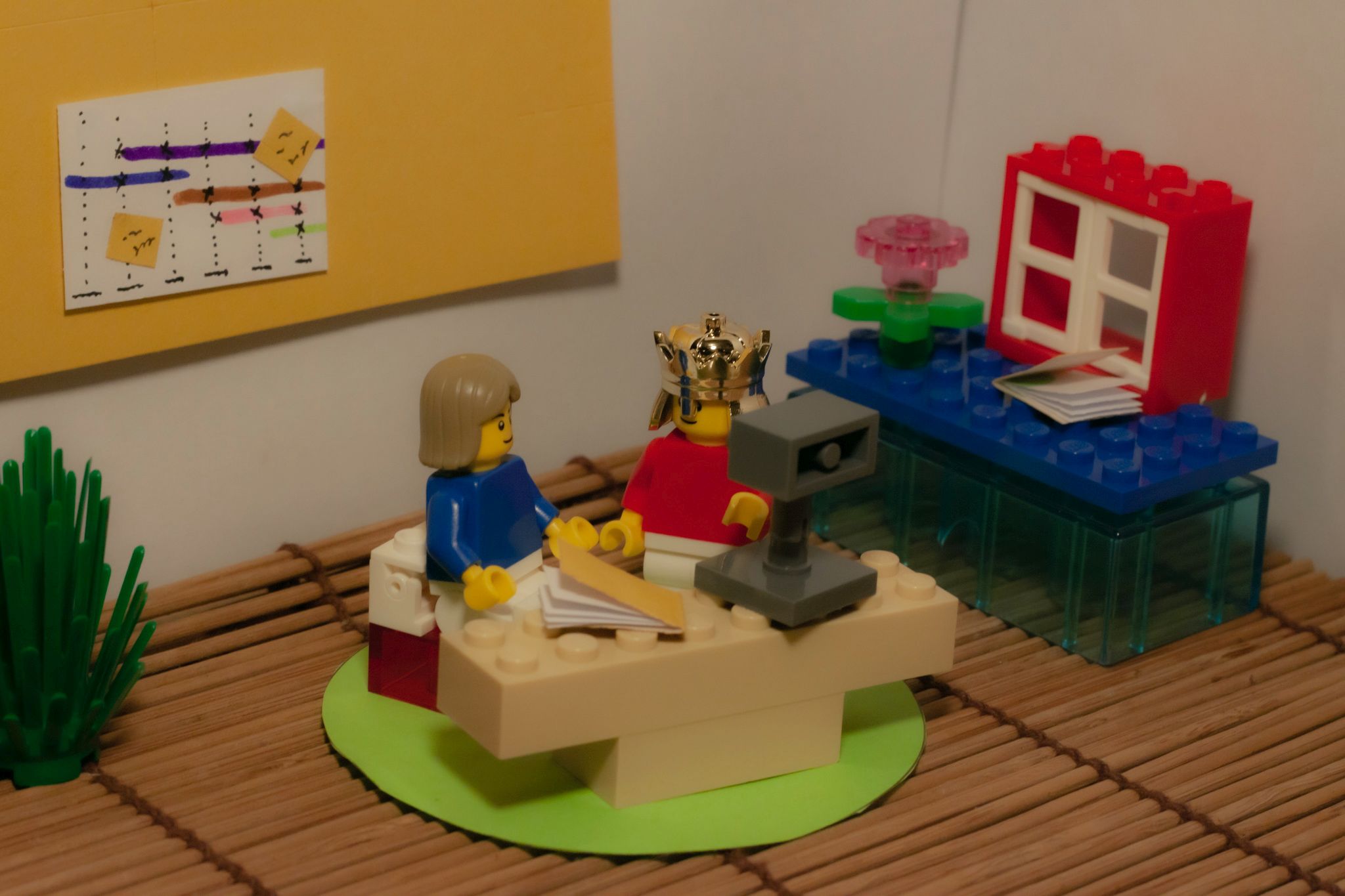University College Cork is Ireland’s leading research institute. After observing poor post-graduate outcomes for disabled graduates, UCC’s careers service and disability support service joined up to develop a mutual mentoring programme for autistic students and employers. The one-to-one programme turned out to be a great success, providing a win-win for everyone involved.

What was the background?
After looking into post-graduate outcomes for disabled UCC graduates over a 5-year period, a number of stark findings were uncovered:
- 50% were in full time employment
- 14% were in part-time employment
- 36% were unemployed (of these 50% had never been employed).
Amongst other initiatives, UCC’s careers service and disability support service joined up to develop a mutual mentoring programme for autistic students with employers.
How does the mentoring work?
Final year students are matched with a mentor in industry and meet with them 4-6 times during the academic year to address a number of development topics of their choice. The aim of this programme is to support the development of employability skills among these students that will in turn support their transition from their final year of university education to employment.
Mentors tend to be quite senior, at management level. Their understanding of autism varies, though typically there is very little knowledge initially. Despite this, employers are generally very eager to get involved and support the mentees.
To help employers overcome their insecurities around what supporting an autistic person involves, UCC organises regular forum events where employers interested in the mentorship programme can find out about autism and debunk some myths. They discuss issues related to autism in the context of recruitment, selection, training and development. The aim is to inform, share information and develop best practice.
What is the impact?
The mentorship is set up as a mutually beneficial programme, so it is a win-win for everyone involved. UCC has received a lot of really positive feedback from both employers and students.
For most participating students this is their first experience of the professional working environment. Equally, for many mentors it is the first time they see their own workplace through the lens of a disabled person, and find out about the daily challenges this can bring with it. A welcome (and intended) side-effect is that it significantly increases employers’ understanding of autism, and often turns the mentor into an autism ambassador within their organisation.
One example is a student who had little work experience and low confidence. By matching her with a mentor in the industry and them working together, she was able to apply for a summer internship with a multinational technology company, which then offered her a job after completion of the 3-month internship.

 Back
Back